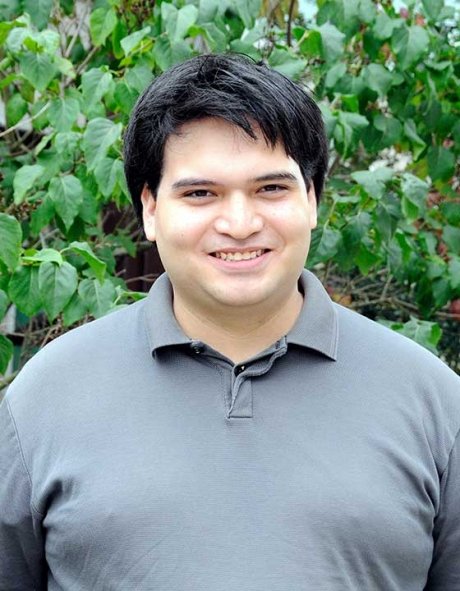Meet Our Students: Camden O’Brien Interns in Austria
- News & Events
- News
- Meet Our Students: Camden O’Brien Interns in Austria

The Salzburg Global Seminar in Austria is not simply another study abroad program. More than 70 international students gathered to change the world.
RIC senior Camden O’Brien applied for and won an internship at Salzburg Global Seminar. This is an international nongovernmental organization (INGO) that sets up strategic meetings to develop action plans that “challenge current and future governments, institutions and leaders to solve issues of global concern.”
Salzburg Global’s mission is to break down barriers separating people and ideas. “That mission hit home for all of us,” O’Brien said. “We have plans to visit each other in our home countries to experience our cultures first-hand and to continue to enrich our own personal views of the world around us.”
O’Brien is a political science/psychology double major who wants to become an international lawyer. With a minor in INGO studies, O’Brien has already completed a number of internships with local nongovernmental organizations (NGOs), such as Khadarlis for Sierra Leone based in Providence. However, when the unexpected opportunity came to expand his NGO experiences abroad, O’Brien jumped at the chance.
Arriving in Austria with six other interns, O’Brien stayed for three months at the Schloss Leopoldskron palace, home to Salzburg Global Seminar. His first assignment was to prepare for the Global Seminar strategic meeting, which, he said, takes months of planning.
Members of the board include ambassadors, past and present; nobles from European regions; officials of prestigious universities such as Oxford and Harvard; presidents of nonprofits; and CEOs of multinational organizations, all of whom donate to Salzburg Global. The interns created source material for the meeting and conducted research on strategic meetings to be held in the future, said O’Brien.
O’Brien was also assigned to assist at Salzburg Global’s Academy on Media and Global Change. More than 70 university-age fellows from 23 countries and five continents had enrolled at the academy as a kind of think tank.
Their challenge was to work in small groups to problem-solve a real-world issue presented by the United Nations Development Program (UNDP) Knowledge, Innovation and Capacity Group. Their task: Research the role media plays in covering issues of global importance and submit proposals on how social media can be used to engage communities around critical issues that affect the world.
“I had many discussions with the Salzburg fellows,” said O’Brien. “We would often hang out during our free time and on the weekend. We would all grab dinner in Salzburg’s Altstadt (German for “old town”) or we’d go on excursions to the salt mines and mountains. We talked about our individual countries, politics and legislation.”
Along with having frequent in-depth conversations with the fellows, O'Brien and the fellows attended a three-week lecture series, Monday through Friday, presented by guest speakers from around the world.
“The range of lectures were vast,” O’Brien said. “In one lecture social media and smartphone app developers came in and talked about some of their ideas, such as using apps to help match unemployed youth in Serbia to jobs or a phone app that allow Macedonian farmers to know the best time to spray their crops with pesticides to avoid polluting freshwater sources. Each day was filled with lectures and working groups.”
As an intern, O’Brien’s responsibility was to assist the speakers in gathering research session material, if it were needed for their lecture. Thus, providing them with any needed data. He said, “That would often mean working from morning ’til night. However, it also meant that I was able to listen to some amazing lectures and participate in the discussions.”
“We discussed how social media and smartphone apps are changing the political dynamics of the world,” O’Brien said. “Not only does social media allow individuals to hold their countries and leaders accountable by documenting human rights violations, social media makes it easier for social movements to organize. For example, the Arab Spring Movement, the Occupy Movement and now the Umbrella Movement in Hong Kong all have used social media to their advantage.”
The fellows were required to create their own pilot videos on the use of social media to address global issues, and by the end of the three-week period, they presented their written proposals and visual solutions to UNDP Policy Advisor Jennifer Colville via Skype. Their work would later be forwarded to designated UNDP field offices for implementation.
